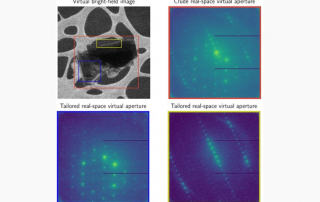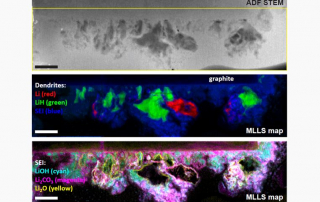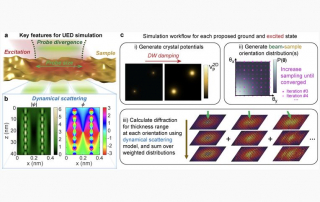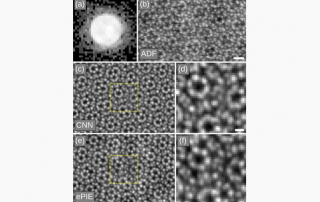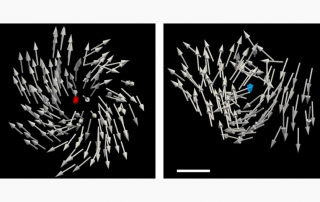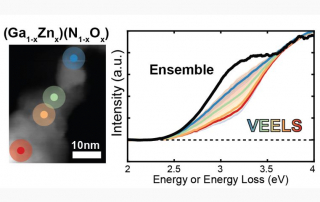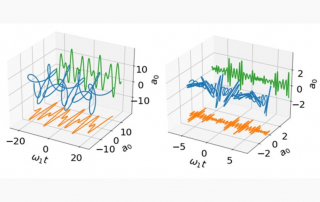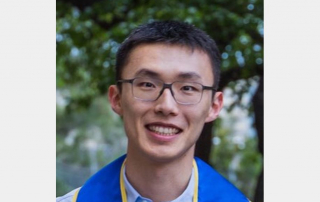Ab initio structures from nanocrystal molecular lattices
Electron diffraction has dramatically increased in popularity amongst chemists given its renewed application for ab initio structure determination from molecular nanocrystals. In one implementation, popularly referred to as 3D ED or MicroED, crystals nanocrystals orders of magnitude too small for conventional X-ray analysis are interrogated by an electron beam to determine atomic structures. However, these approaches are thwarted by disordered, overlapping, or otherwise poorly diffracting domains.
Spatially resolved diffraction mapping techniques can overcome some of these limitations, and have seen limited application in X-ray diffraction. In electron microscopy, such approaches, including 4D scanning electron microscopy (4D-STEM), have grown popular. We demonstrated that 4D-STEM can be used to determine ab initio structures of molecules by direct methods, from small ordered nanodomains of single microcrystals. In our approach 4D-STEM is used to generate diffraction scans that enable ex post facto reconstruction of digitally defined virtual apertures. The synthetic patterns derived from these scans are suitable for direct methods phasing of molecular structures.
In addition, this approach unveils that coherently diffracting zones (CDZs) in molecular crystals form unpredictably distributed striations. The observation of these zones and our ability to determine structures from these regions of nanocrystals empowers us to explore their atomic substructure and their response to radiolytic damage.
